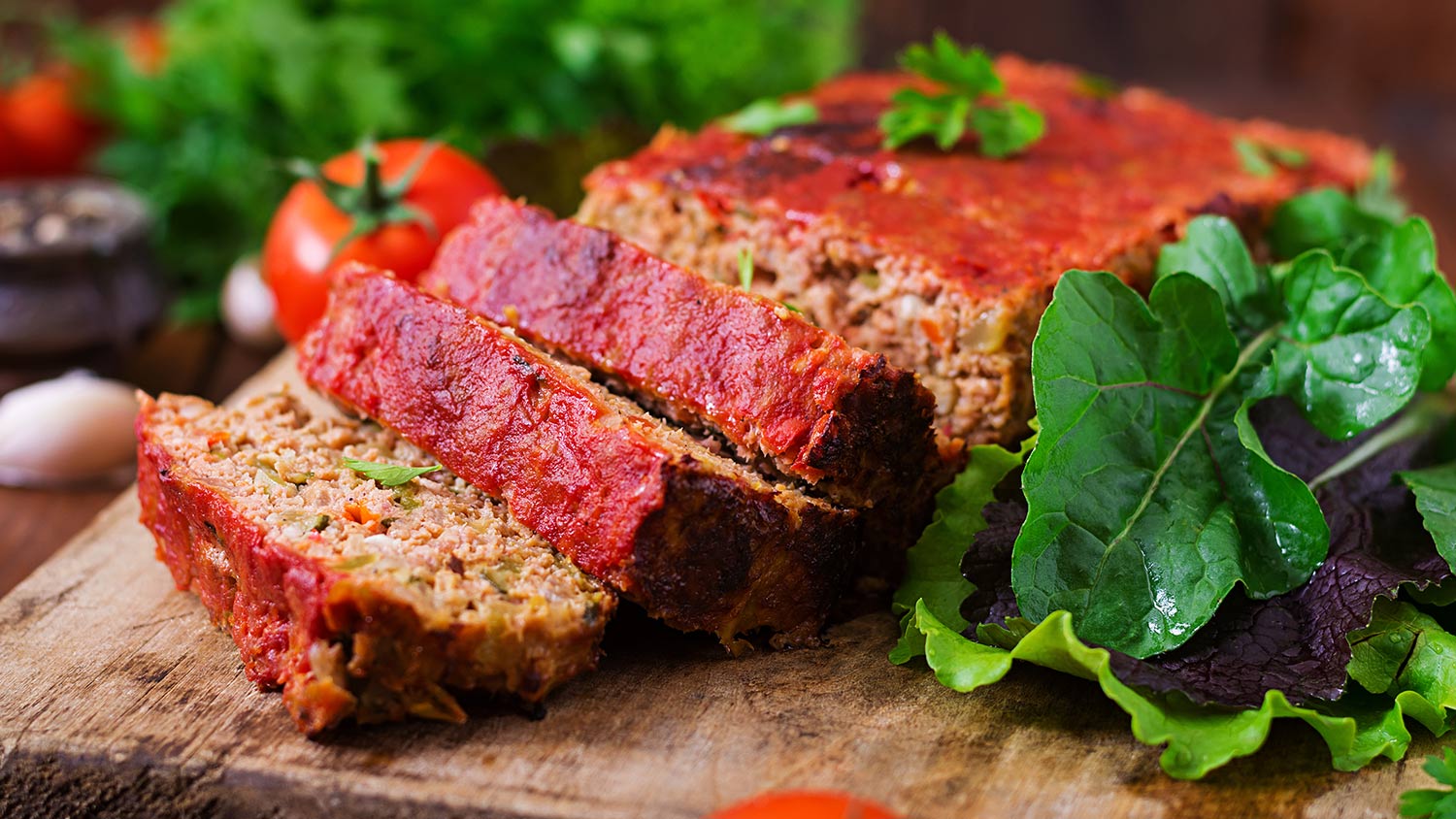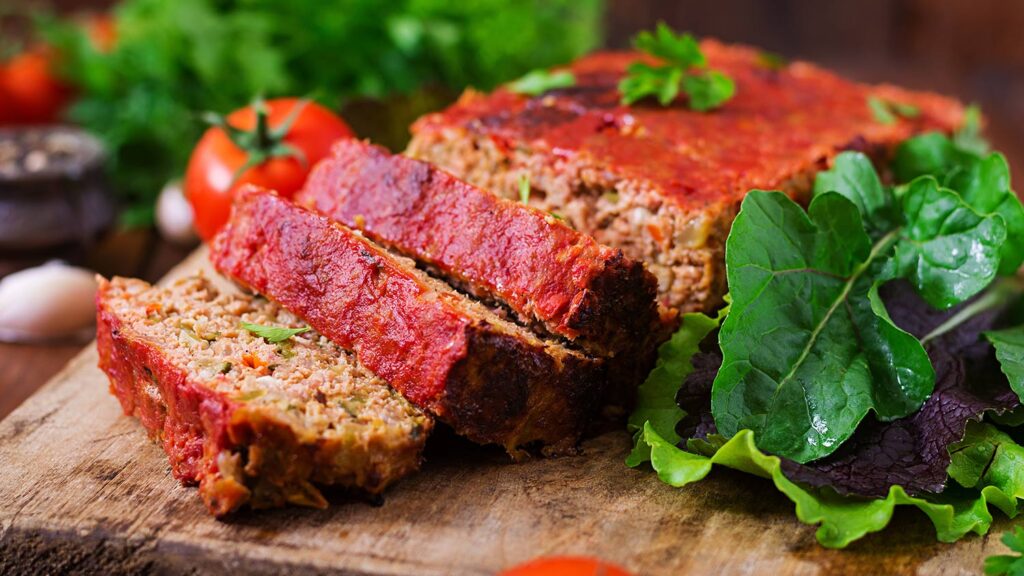Intuitive eating means following your body’s hunger cues as a way to decide when it’s time to eat and when to stop. This is not a revolutionary concept, but it remains foreign to many people. And it’s more than just hunger cues. It includes the idea of ditching diet culture and getting in touch with your body before making decisions about food. While there is a lot to know about the specifics of intuitive eating, here are a few tips to help get you started.
Understanding intuitive eating

Stop categorizing food as "good" or "bad"
Attributing value to the food you eat and ultimately the way you feel gives food way too much power. It’s time to forget about “good” or “bad” foods and lose the concept of “cheating” entirely. You eat meals that make up the course of your day, and no single food can make or break your health.
Use the hunger-fullness scale
Many adults struggle to know when they are actually hungry and don’t recognize how it feels to be comfortably full. Without this understanding, it’s hard to know when to start and stop eating. Check in with yourself throughout various points of a meal or snack: before eating, partway through and as you finish. It can be helpful to keep a journal and track your feelings of hunger and fullness so you start to be more conscious of the sensations relating to both of them.
Stay hydrated
Drinking enough water keeps a number of health issues in check, and it’s equally important for success with intuitive eating. You may mistake your body’s desire for hydration as hunger, prompting episodes of mindless eating. Pick regular H2O, sparkling water or any other unsweetened beverage to drink throughout the course of your day. Fruits and veggies are also sources of water, so be sure to add these to your daily eating plan to stay hydrated.
Get enough sleep
The amount of sleep you get each night can really affect your energy and hunger levels. If your body is craving rest, you may try to overcompensate for the lack of sleep through your diet. Ensuring you’re getting a proper amount of rest makes you less likely to partake in mindless or binge eating.
Restrict restriction
If diets geared toward weight loss had lifelong impacts, wouldn’t they have worked by now? Avoid cutting out carbs and fats or severely restricting calories unless advised by a medical professional. Their effects aren’t sustainable in the long term and may cause you to develop a skewed view of nutrition. Make peace with food and consider choosing the foods you eat based on how you want to feel before, during and after mealtime.














